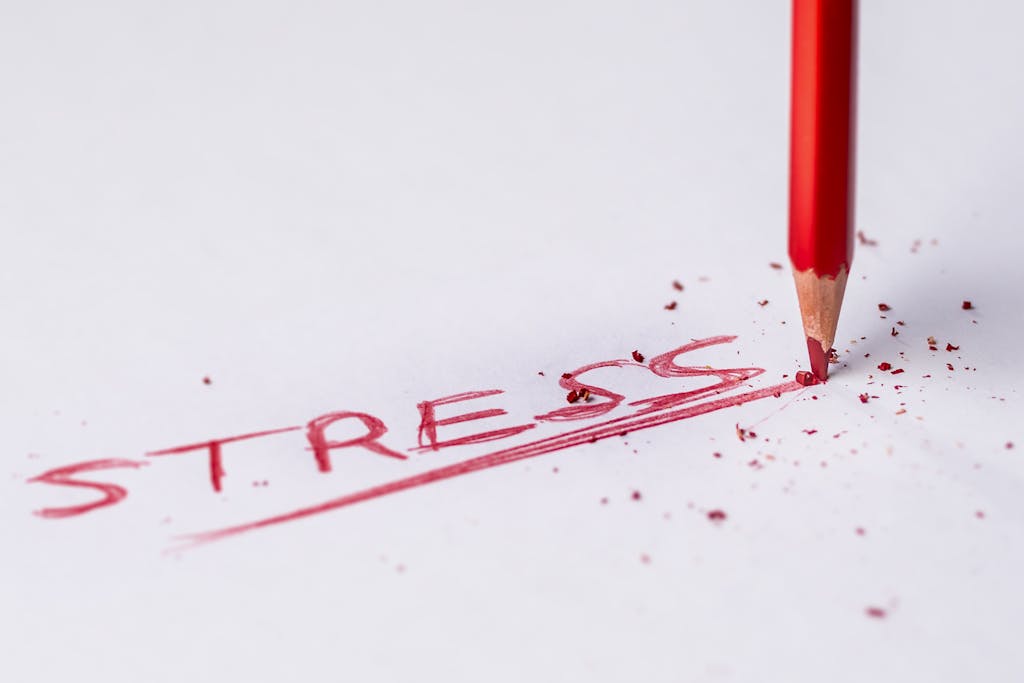Why Can’t I Stick to Journaling? 4 Mental Blocks and How to Break Them
Why can’t I stick to journaling? You try, stop, and try again. It’s frustrating — but you’re not alone.
You’re not lazy. You’re not broken. You’re not missing willpower. You’re facing friction. And friction can be removed.
Most people don’t quit journaling because they don’t care. They quit because something gets in the way. Today, we’ll identify four of the most common blocks – and simple, friction-reducing strategies to overcome each one.
Think of journaling not as a task, but as a relationship. It’s not about doing it perfectly. It’s about showing up consistently – even imperfectly.
Let’s break down the blocks.
I Don’t Know What to Write, Why Can’t I Stick to Journaling?
You sit down. You open the journal. The page stares back. You close it.
This is one of the most common blocks: the blank page trap. People assume journaling needs to be deep or poetic. But that’s pressure, not clarity.
Remove the friction:
- Use a prompt. Even a simple question like “What’s one thing I noticed today?” gives your brain a starting point.
- Start with just one sentence. Or even a list of words. Don’t aim for profound, aim for real.
- Let AI help. Lume, for example, offers you a daily nudge and even replies to what you write, turning the page into a conversation.
→ What to Write in a Journal for Mental Health

It Feels Like a Chore
Anything can feel heavy when it turns into a “should.” Journaling included. You still wonder “why can’t I stick to journaling?”
Perfectionism often disguises itself as productivity. You feel like you have to write well, or daily, or for 20 minutes. Soon, you start avoiding it altogether.
Reframe the habit:
- Think of it as a check-in, not a task.
- Change the medium: try voice notes, bullet lists, or even a photo with a caption.
- Make it social, or pseudo-social. Lume’s persona replies can turn a one-sided monologue into something that feels alive.
“You don’t need a journal. You need a place to be honest without pressure.”
I Feel Worse After I Journal
Sometimes, getting everything out feels cathartic. Other times, it just makes things heavier.
Unstructured venting, without direction, can spiral into rumination. You walk away from the page feeling worse than when you started.
Add structure to protect yourself:
- Use a framework: Prompt → Response → Reframe
- Look for patterns or next steps, not just pain
- Choose tools that support reflection. Lume replies can offer gentle rethinking, encouragement, or grounding questions
→ Are You Journaling or Just Venting?
I Don’t See the Point
The hardest part of any habit is when progress feels invisible. You show up, write, and… nothing changes. At least, not that you can see.
But growth isn’t always loud. It’s subtle. It’s in how you notice your emotions faster, react more thoughtfully, or find words where before there were only feelings.
Make your growth visible:
- Use mood tracking or journaling stats
- Revisit old entries. Highlight the wins you once missed.
- Remind yourself: emotional fluency builds quietly. Even unread words matter.
→ Lume turns your journal into insights. So you can actually see how far you’ve come.
3 Micro-Habits to Make Journaling Stick
Keyword: journaling habit tips
- Time anchor it: Journal right after coffee or before bed.
- Lower the bar: Don’t aim for daily. Start with 3× per week.
- Habit stack: Attach journaling to something automatic, like brushing your teeth or unlocking your phone.
Consistency isn’t about doing it every day. It’s about making it easier to begin.
According to James Clear’s guide on habit formation, consistency matters more than intensity
You’re Not Broken. You’re Just Unaligned.
There’s no “wrong” way to journal, only your way.
If one method didn’t work, it doesn’t mean journaling isn’t for you. It just means that version wasn’t aligned with your life right now. Try another approach. Shrink the habit. Change the format.
But don’t quit the process of reflection. The benefits compound, if you keep showing up.
Want a Journaling Practice That Feels Like a Conversation?
Lume gives you gentle prompts, mood insights, and replies that feel like a friend or therapist. It’s journaling, but less lonely.
→ Try it free on Android






